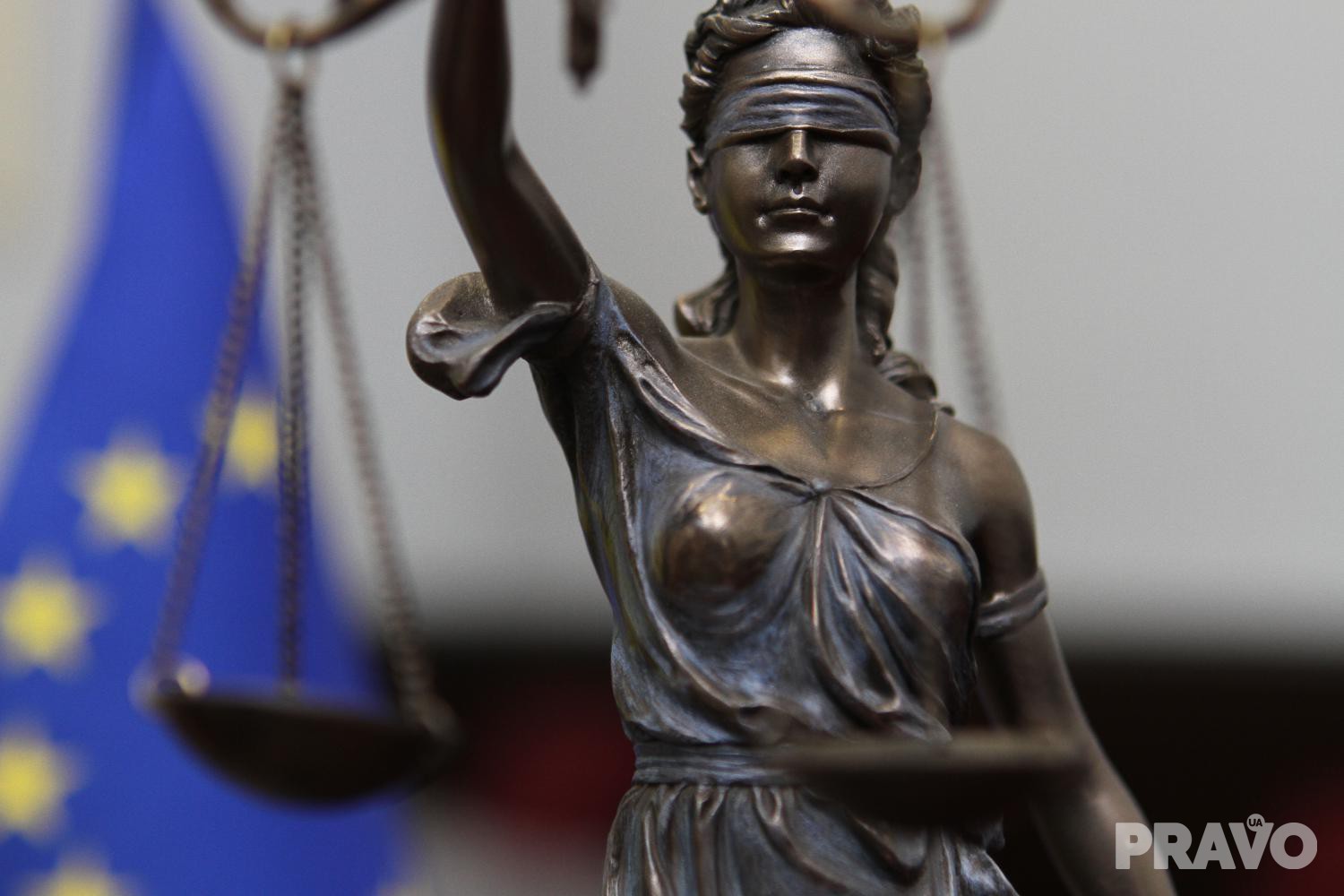active and purposeful military lawyer with more than 4 years of experience
Exemption from punishment and its serving
Criminal punishment is one of the most important tools of the state in the fight against crime. It performs the functions of condemnation, correction and prevention of criminal behavior. However, in some cases, a person may be released from serving a sentence or his sentence may be reduced.
Grounds for exemption from punishment
The legislation of Ukraine provides for a number of grounds on which a person can be exempted from punishment or serving it. Including:
Expiration of the statute of limitations. According to the Criminal Code of Ukraine, a person is exempted from criminal liability if the following periods have passed from the date of the crime to the date of entry into force of the sentence:
two years - for crimes of minor gravity;
three years - for crimes of medium gravity;
five years - for serious crimes;
ten years - for particularly serious crimes.
Exemption from punishment in connection with the loss of a person of public danger.If after the commission of the crime, but before the conviction, the person ceased to be socially dangerous, the court can release him from criminal liability.
Exemption from serving a sentence in connection with the loss of a person's public danger. If, after the punishment has been imposed, but before it has been fully served, the convicted person has ceased to be socially dangerous, the court may release him from further serving the sentence.
Exemption from punishment due to change of circumstances. If the situation has changed so much from the time of the crime to the time of passing the sentence that the person who committed the act has lost public danger, the court may release him from criminal liability.
Exemption from punishment in connection with active repentance. If a person committed a crime of minor or moderate severity for the first time and sincerely repented, actively contributed to the detection of the crime and fully compensated for the damage caused or eliminated the damage caused, the court may release him from criminal liability.
Exemption of minors from punishment with the use of coercive measures of an educational nature. If a minor has committed a crime of minor or moderate severity for the first time, the court may exempt him from punishment and apply coercive measures of an educational nature to him.
Exemption from serving a sentence for pregnant women and women with children under the age of three. The court may exempt pregnant women and women with children under the age of three from serving their sentence, except for those sentenced to imprisonment for serious and especially serious crimes.
Exemption from serving a sentence due to illness.The court may exempt from serving a sentence a person who, after committing a crime, fell ill with a serious illness that prevents serving the sentence.
Thus, the legislation provides for a number of cases in which a person can be exempted from criminal responsibility or from serving the punishment assigned to him. This is due to the state's desire to ensure a balance between punitive and repressive and correctional and resocializing functions of punishment.
Parole from serving a sentence
In addition to full release from punishment, the legislation also provides for the possibility of conditional early release of a convicted person from serving a sentence. This form of release allows a person who has proven his correction to be released early.
According to the Criminal Code of Ukraine, parole may be applied to persons serving:
punishment in the form of deprivation of liberty;
punishment in the form of restraint of will;
punishment in the form of detention in the disciplinary battalion of military personnel.
In order to be released on parole, the convict must serve:
not less than half of the term of punishment imposed by the court for a crime of minor or medium severity;
not less than two-thirds of the sentence imposed by the court for a serious crime;
not less than three quarters of the term of punishment imposed by the court for a particularly serious crime.
At the same time, the court must come to the conclusion that the convict does not need to serve the rest of the sentence for his correction. In addition, he must compensate for the damage caused or eliminate the damage caused.
Parole is an incentive for convicts to behave conscientiously and work conscientiously while serving their sentence. It allows to shorten the term of imprisonment for those who have proven their correction, and thus contributes to the resocialization of convicts.
Replacement of the unserved part of the punishment with a milder one
Another form of mitigation of punishment is the replacement of the unserved part of the punishment with a milder one.The court may replace the unserved part of the punishment in the form of deprivation of liberty or restriction of liberty with a milder type of punishment, if the convicted person has conscientiously treated work, education, treatment and behavior, which gives grounds for a conclusion about his correction.
A milder type of punishment can be:
restriction of freedom - when replacing punishment in the form of deprivation of liberty;
a fine or community service - when replacing punishment in the form of restriction of freedom.
You may be interested in reading articles on such topics as: адвокатские запросы адвокатский запрос ответ на адвокатский запрос требования к адвокатскому запросу непредоставление ответа на адвокатский запрос сроки ответа на адвокатский запрос адвокатский запрос это рассмотрение адвокатского запроса об адвокатском запросе адвокатский запрос образец образец адвокатского запроса образец отказа на адвокатский запрос адвокатский запрос срок рассмотрения ответственность за непредоставление ответа на адвокатский запрос адвокатский запрос срок

































